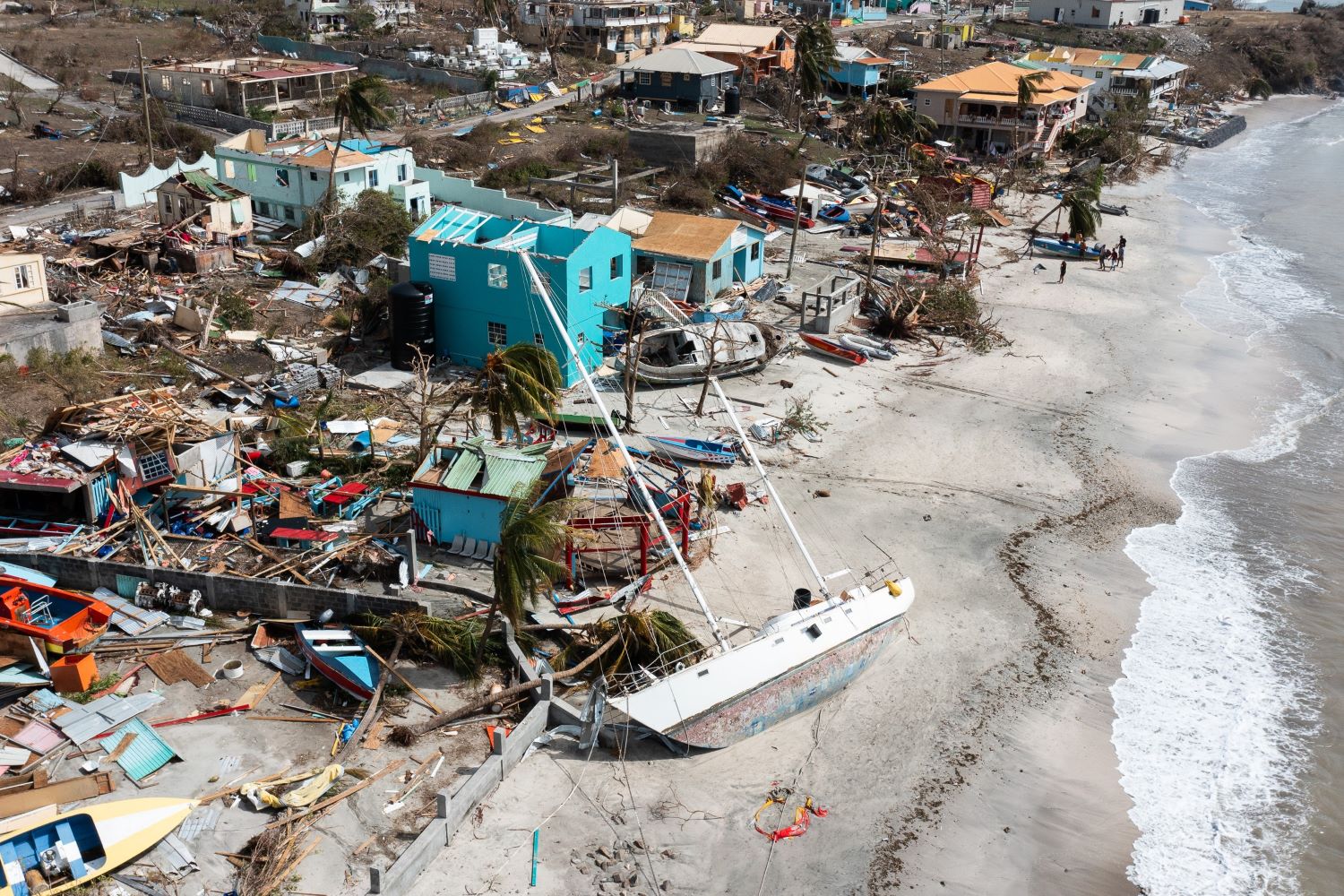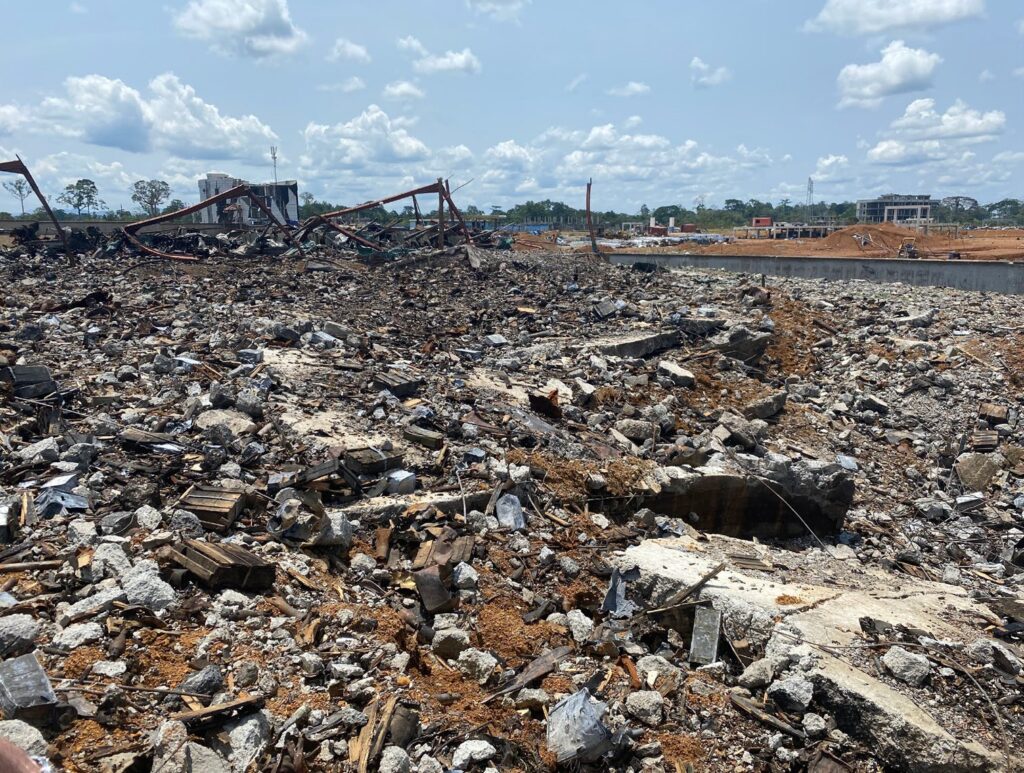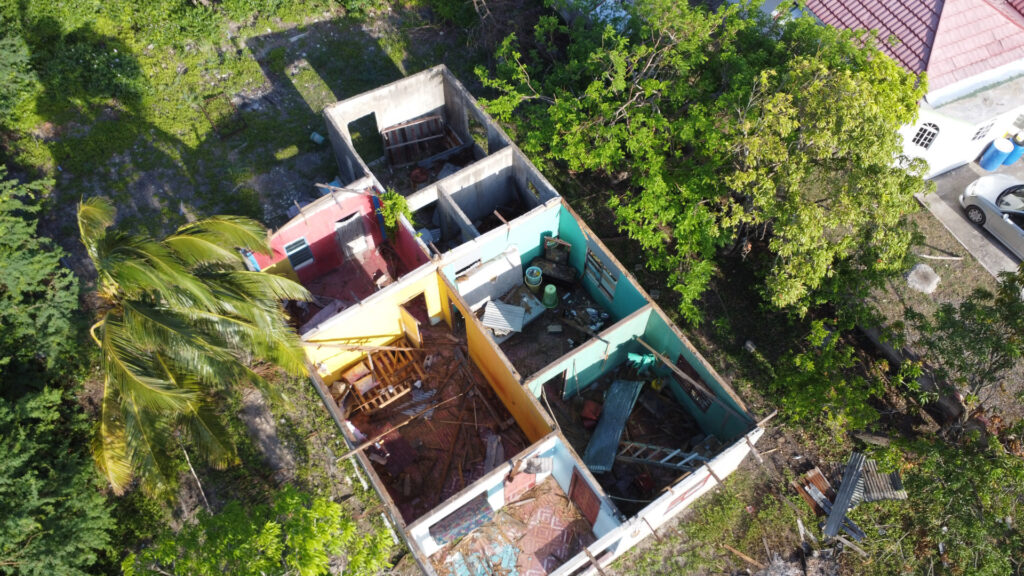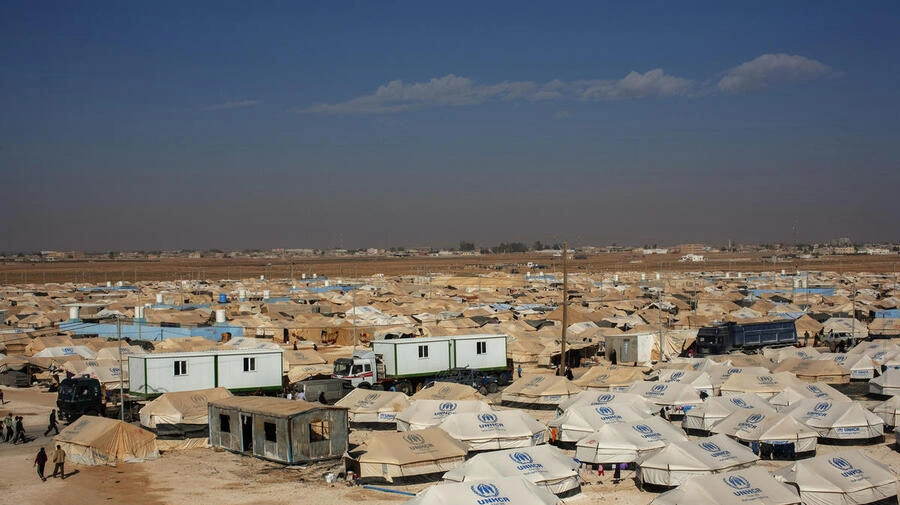In July 2024, Hurricane Beryl, the earliest Atlantic hurricane to reach Category 5 intensity, devastated several Caribbean islands, including Saint Vincent and the Grenadines, Grenada, Dominica, Barbados, and Jamaica. The storm brought life-threatening winds, heavy rainfall, and hazardous marine conditions, leaving severe damage in its wake. In Saint Vincent and the Grenadines, nearly 90% of the infrastructure was destroyed, including homes, roads, and the Union Island airport. Communication with the Southern Grenadines was disrupted, and access to essential services remained limited. In Grenada, especially on Carriacou and Petite Martinique, 95% of homes were damaged, with the fishing industry significantly impacted.
The storm caused widespread disruption in affected regions, with over 1,000 people seeking shelter. Emergency response efforts were hampered by road blockages and communication issues, delaying damage assessments and aid distribution. Despite the challenges, local governments, along with international agencies like CDEMA, UN organizations, and humanitarian partners, coordinated efforts to provide essential services and support the rebuilding process. As recovery continues, priorities include restoring critical infrastructure, enhancing disaster preparedness, and ensuring long-term resilience in the face of future storms.
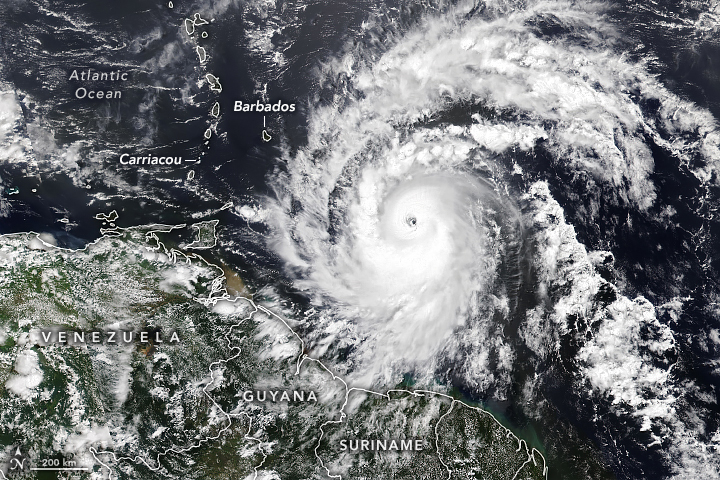
The International Humanitarian Partnership (IHP) responded to Hurricane Beryl by providing critical support to the UN Disaster Assessment and Coordination (UNDAC) team. The team, made up of experts from CGDIS (Luxembourg), DSB (Norway), ERB (Estonia), and THW (Germany), assisted the UNDAC team with both Base Camp and Information and Communication Technology (ICT) support, ensuring efficient coordination during the whole duration of the UNDAC operation.
Given the scale of damage caused by Hurricane Beryl, which affected several Caribbean islands, the IHP’s contribution was crucial in enabling effective coordination of the emergency response. The primary support included the establishment of a Base Camp to accommodate humanitarian personnel and facilitate coordination.
In addition to the Base Camp, IHP provided robust ICT infrastructure, which was essential for the UNDAC team’s operations. This included the establishment of satellite communications networks for coordinating logistics, facilitating assessments, and supporting the operational needs of the response teams.
With the support of IHP experts, the UNDAC team was able to conduct detailed damage assessments, organize resources, and communicate with other relief agencies, significantly enhancing the overall response efficiency.
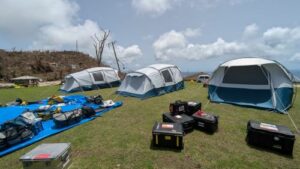
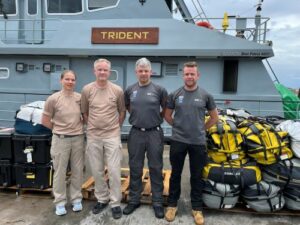
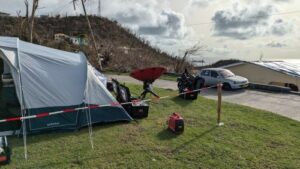
Cover Image Credit: UN/Arthur Daniel
